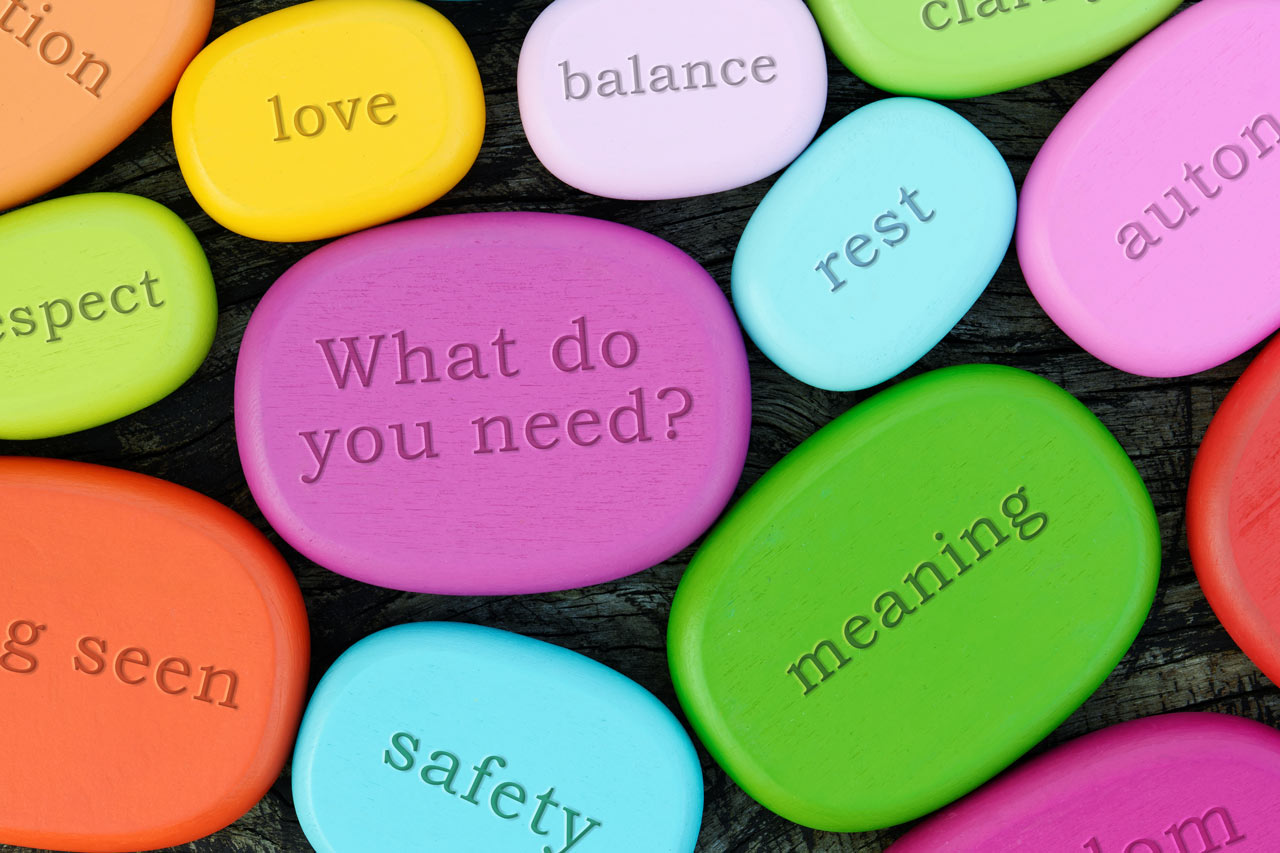What to Know About Discharge from a Hospital to Home
Hospital Discharge to Home vs Facility: Key Differences
Discharge to home is very different than discharge to a facility, whether it is short-term or long-term rehabilitation, a subacute rehab or an acute rehab. First, when a patient is discharged to the home, there is no exchange of paperwork. The patient does not need to be accepted to the home, so to speak. Therefore, it will take place within a shorter time frame, once the doctors feel it is a safe discharge. Family usually picks up their patient, as well. There is no need for transportation by ambulette and therefore arrangements and payment are hurdles that do not need to be cleared.
The Facility Discharge Process
Because of the significant amount of paperwork involved in discharge to a facility, the hospital social worker assigned to the case will start working on your preferred choice of facilities a week or several days before planned discharge. S/he may give you a list to choose from. The hospital may have its own rehab facility, subacute or acute care. The facility must provide the services (such as dialysis) needed by the patient. It also will have to agree to accept the patient and his/her insurance. This requires clearance by the admissions team which includes medical professionals. This is not instantaneous. Therefore, you may be asked for a second choice. Timing and transportation will be arranged by the hospital social worker in conjunction with the medical and nursing team, usually through the nursing case manager.
Setting Up Safe Discharge to Home
The patient who returns to his or her own home will also have to have a safe discharge. There will have to be a transition to medical and rehabilitative supports. Often the hospital will set up follow-up appointments for the patient with his medical providers. They may send the patient home with necessary equipment such as oxygen. They will order meds from the patient’s pharmacy and include a list in the patient discharge.
Home Health Agency Arrangements
They will also ask the caregiver or patient to choose a CHHA (Certified Home Health Agency) which will arrange a nursing visit the day after discharge. That means that someone will come and evaluate the patient in his home to see if he has everything, he needs to recover including food, equipment, home care and therapy services (occupational therapy, physical therapy, and speech therapy as well as mental health therapy). The CHHA will take care of skilled short-term services directly, sending their own therapists and will outsource the home care to a LHCSA (licensed home care services agency).
The Discharge Day Process
At the time of discharge, the nurse or nursing case manager will give the patient a packet with a list of medications, appointments, and more information. They will arrange transport to the car via wheelchair and a hospital transporter. The family member will escort the patient and take charge of the patient’s personal possessions. The hospital’s transporter will get the patient into the elevator downstairs, and into the car with care. Nonetheless, it is wise to bring along a second person so that the patient can emerge safely from the car into the home.
Adjusting to New Routines at Home
Both caregiver and patient will experience new routines and transitions. There may be new meds, new therapists, and new home care providers. There may be new equipment to use. Most of these transitions will begin with evaluations and then become routine for a while. As the patient progresses, some of these supports and changes will end and the patient will return to previous routines and interests. It’s important for both the caregiver and patient to keep a positive attitude as things continue to change and evolve.
Showing Appreciation
When things settle down at home, it’s nice to show appreciation of the nursing team (if you haven’t yet) with a card, candy platter, or note. The nurses have been an integral part of your loved one’s recovery and road to discharge.
More articles on home care issues from Caring Professionals Home Care Agency






